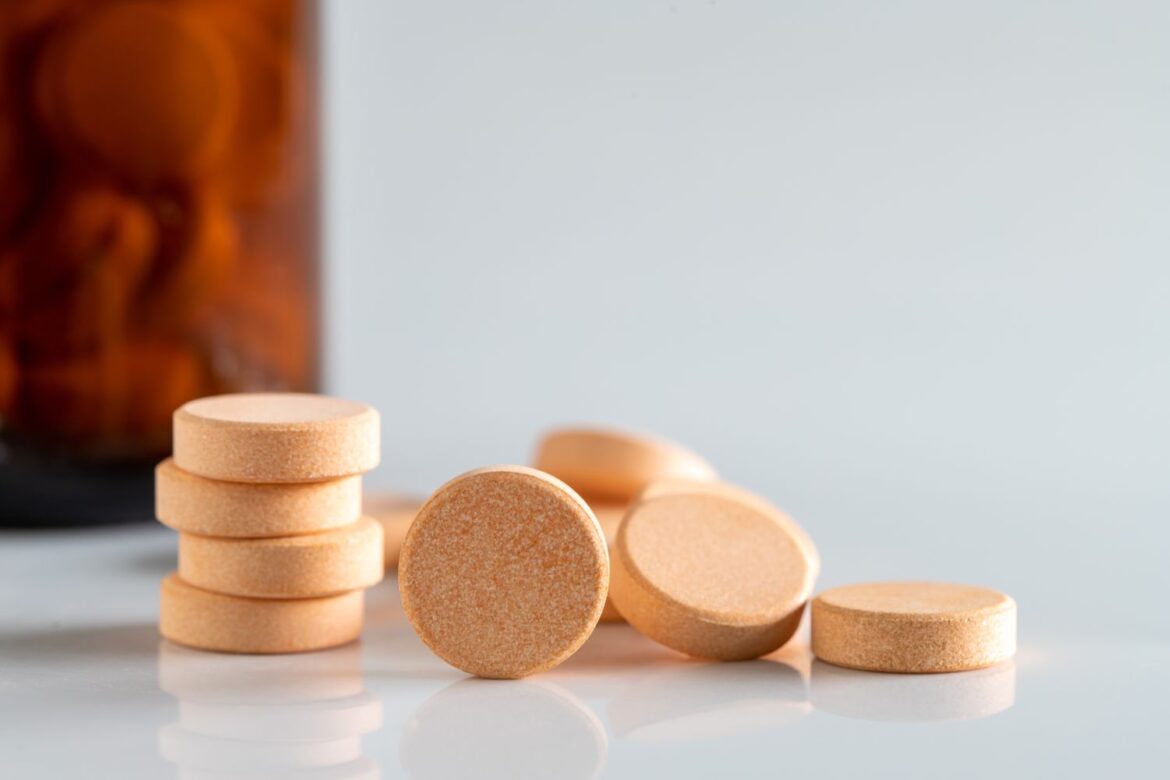Potassium supplements may lower your blood pressure, though it’s best to reach for potassium-rich foods before adding pills to your regimen. Potassium can be helpful for some people with hypertension because of its impact on blood vessels, but too much potassium can be dangerous.
How Potassium Supplements Affect Blood Pressure
“If your potassium is normal, potassium supplements will not have a major impact on blood pressure,” Luke J. Laffin MD, co-director of the Center for Blood Pressure Disorders at Cleveland Clinic, told Verywell.
“However, if your potassium is low, raising potassium, be it with supplements or through potassium-rich foods in one’s diet, can lower blood pressure,” Laffin added.
Potassium has many essential jobs in the body. It helps conduct nerve impulses, contract muscles, and maintain fluid and blood volume, which helps keep the heart functioning normally, Yasi Ansari, MS, RDN, CSSD, senior dietitian at UCLA Health in Santa Monica, told Verywell.
“Potassium can help lower blood pressure by easing tension in the blood vessel walls and helping reduce extracellular fluid volume,” Ansari said.
“However, supplements should only be used when needed, since too much potassium can be dangerous,” she added.
Who Should Take a Potassium Supplement
Your doctor may recommend a supplement if you don’t get enough potassium.
“Supplementation can help correct low potassium levels, especially if someone isn’t eating enough potassium through diet or losing excessive amounts through diuretic use, intense sweating, diarrhea, or vomiting,” Ansari said.
People who are malnourished and people who use dialysis may also benefit from potassium supplementation, she added.
Potassium supplements aren’t usually recommended for people with the sole purpose of addressing hypertension. “For most people, boosting potassium through food is the safest and most effective approach,” Ansari said.
Supplements might be recommended for some individuals under medical supervision, especially if they’re on certain medications that can put them at risk of hypokalemia, or low potassium levels.
Why Taking Potassium Supplements Can Be Dangerous
If you start taking potassium without speaking to your doctor, you might experience severe side effects. Having too much potassium, called hyperkalemia, can increase one’s risk of dangerous heart arrhythmias, Laffin said.
“Potassium is excreted via the urine, so if a patient has kidney disease, they are at higher risk of hyperkalemia and need to be more careful about potassium supplements and medications that raise potassium levels,” Laffin said.
How to Get More Potassium in Your Diet
“It’s preferred to obtain additional potassium via potassium-rich foods,” Laffin said.
Plenty of foods can help boost your potassium levels, which may help you lower your blood pressure without adding more pills to your routine.
Ansari recommended looking for foods that provide about 20% of the daily value (DV) of potassium. “The DV for potassium is 4,700 milligrams per day,” she added.
Some foods that fall into this category include:
One cup of cooked lentils: 732 mg of potassiumHalf a cup of dried apricots: 756 mg of potassiumOne cup of mashed butternut squash: 582 mg of potassiumThree-fourths of a cup of raisins: 921 mg of potassiumOne medium baked potato: 926 mg of potassiumOne large banana: 678 mg of potassiumOne cup of cooked beet greens: 1309 mg of potassiumOne cup of cooked Swiss chard: 961 mg of potassiumOne cup of carrot juice: 689 mg of potassium
What This Means For You
Potassium supplements may benefit some people with high blood pressure, but it’s best to speak with a physician before adding them to your routine. If you take potassium supplements and you don’t need them, you may be putting yourself at risk of serious side effects, including arrhythmia.
Verywell Health uses only high-quality sources, including peer-reviewed studies, to support the facts within our articles. Read our editorial process to learn more about how we fact-check and keep our content accurate, reliable, and trustworthy.
Dietary Guidelines for Americans. Food Sources of Potassium.

Thanks for your feedback!
What is your feedback?
Helpful
Report an Error
Other

